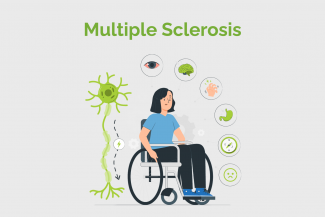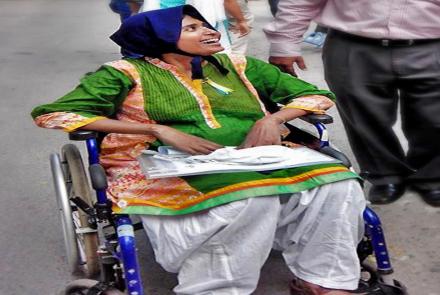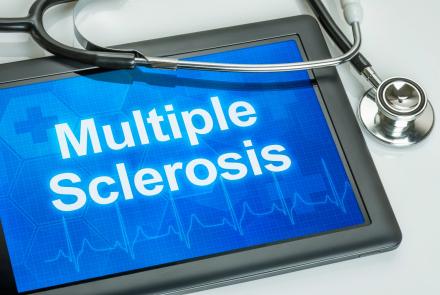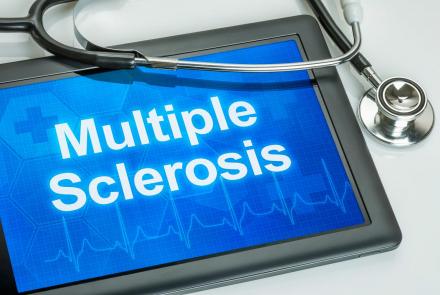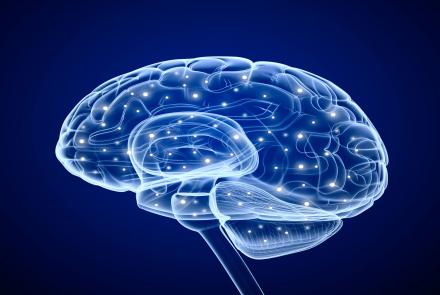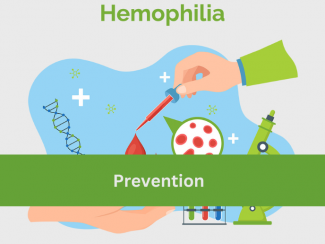
There is no known cure for multiple sclerosis, but several therapies have proven helpful in relieving the symptoms and improving the quality of life. The aims of therapy are to manage the acute condition or attack, returning to function after an attack, preventing new attacks, and preventing disability.
Medication
Any individual who experiences an acute episode (including optic neuritis) sufficient to cause distressing symptoms or an increased limitation on activities independent of whether it is a first presentation or subsequent relapse, should be offered a course of high-dose systemic corticosteroids (these have anti-inflammatory and immune suppressive properties). The course should be started as soon as possible after symptoms appear and should not be taken for more than 3 weeks.
Long-term treatment with systemic corticosteroids is not advisable because of adverse effects like central obesity, cutaneous atrophy, easy bruising, muscle wasting, osteoporosis, hypertension, diabetes mellitus, immunosuppression and psychiatric symptoms. So as an alternative, other immunosuppressants have been tried. Azathioprine is probably the safest drug in this category and has reduced the number of relapses in patients under this drug compared to those under a placebo.
Administration of methotrexate appears to be the best therapy for slowing deterioration in patients with chronic progressive MS.
• The use of interferon-γ-1b and -1a has shown to reduce clinical attacks. When the attacks do occur, they are shorter and less severe. It also slowed the progression of physical disability. Mitoxantrone, an anti-cancer drug, was also found to be effective. It acts by weakening the immune system and thereby decreases the symptoms of MS. Natalizumab and fingolimod are immunomodulatory drugs which are found to be effective and are labelled as disease modifying drugs.
If psychological symptoms of depression are evident, anti-depressant medications may be helpful.
Non-pharmocologic measures
Therapies such as total lymphoid irradiation (which limits the production of white blood cells), plasmapheresis (plasma exchange) and immunoglobulin therapy have shown to have marginal benefit.

